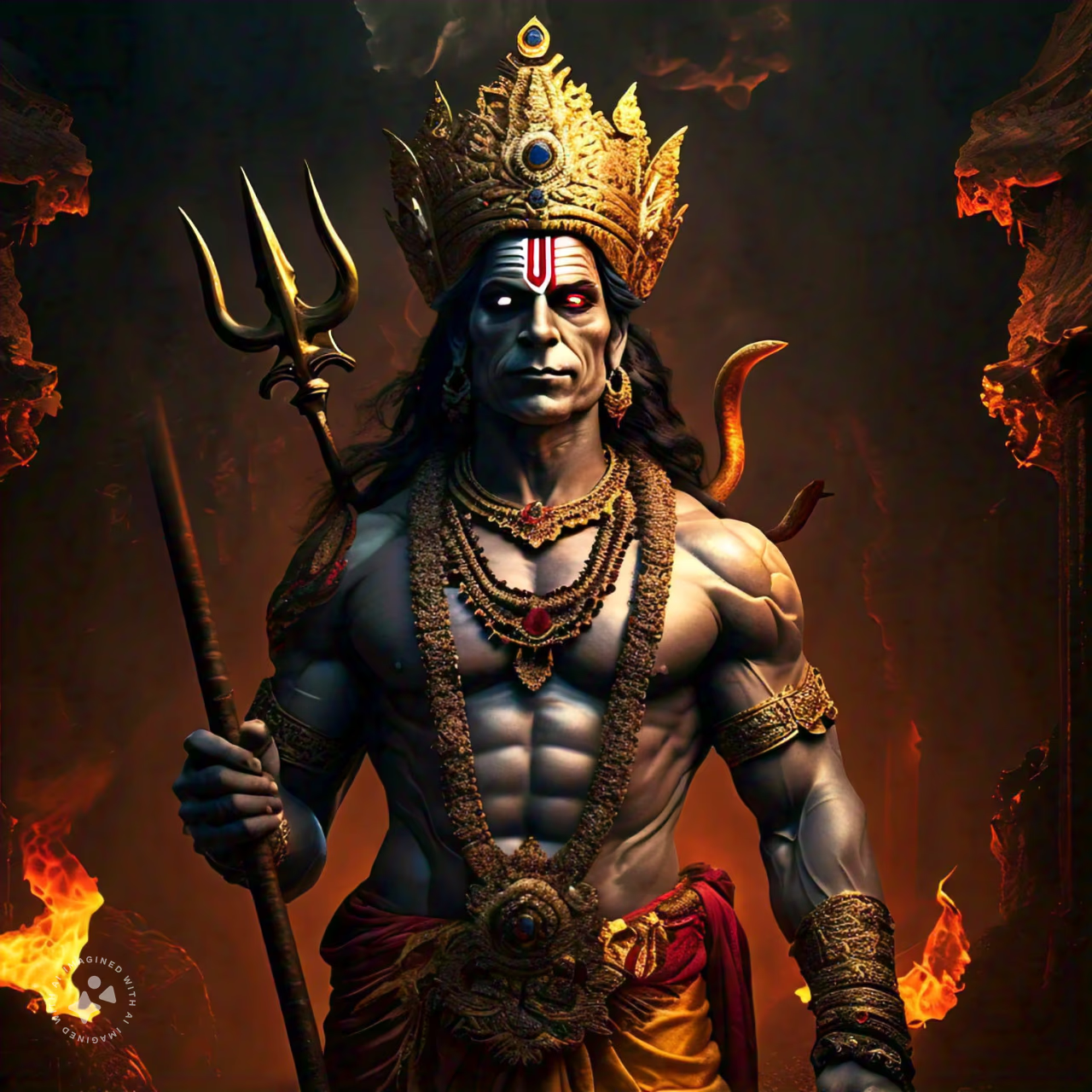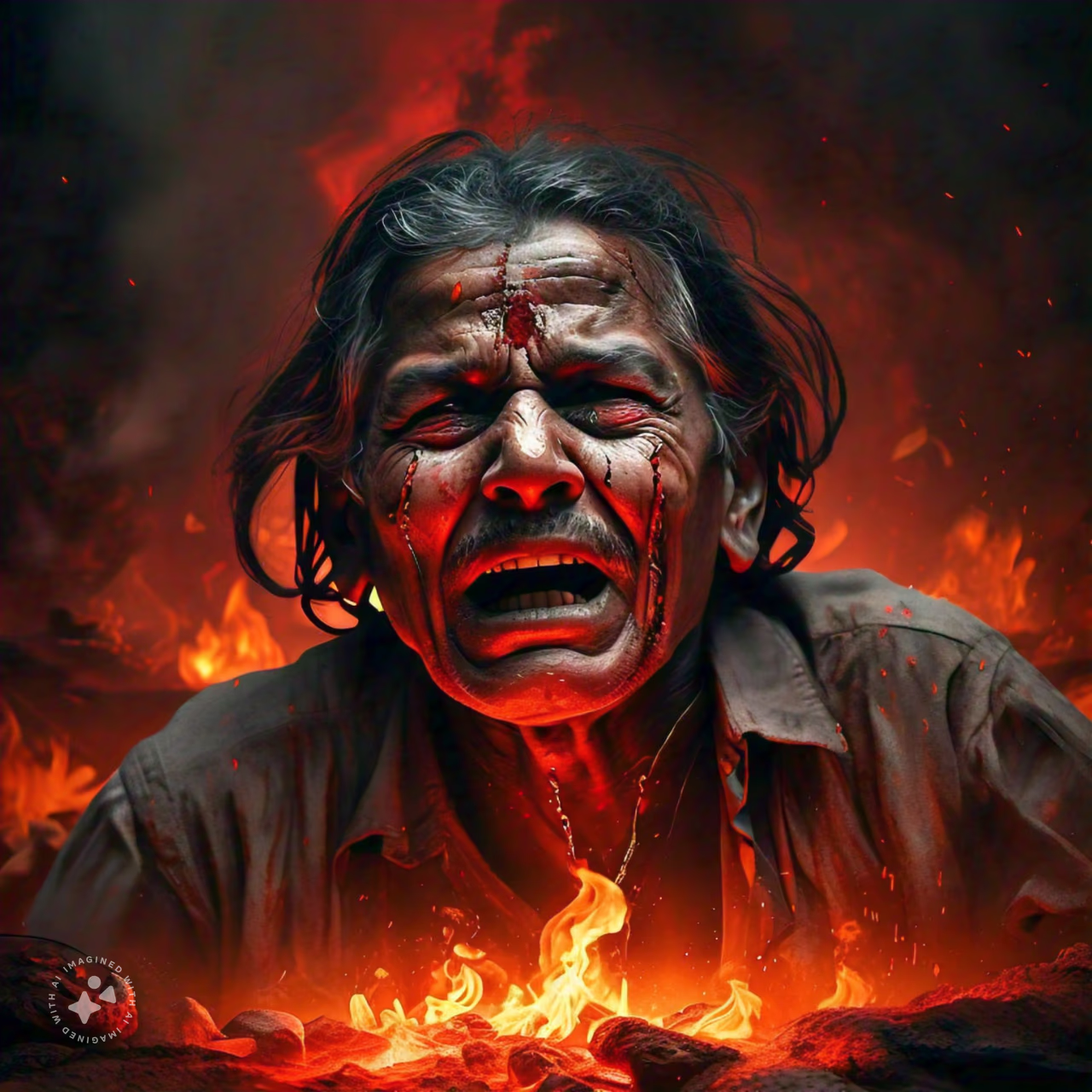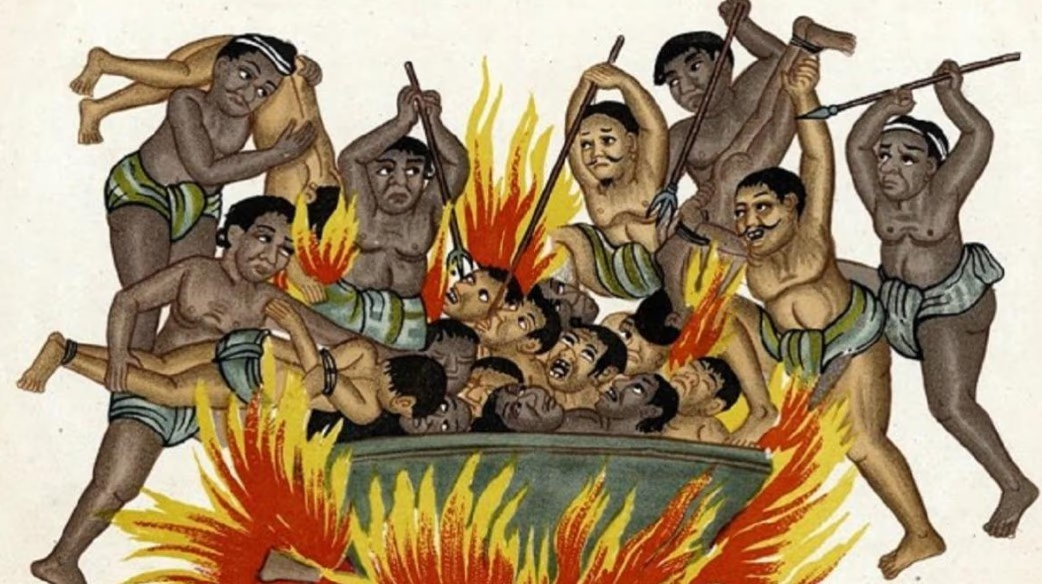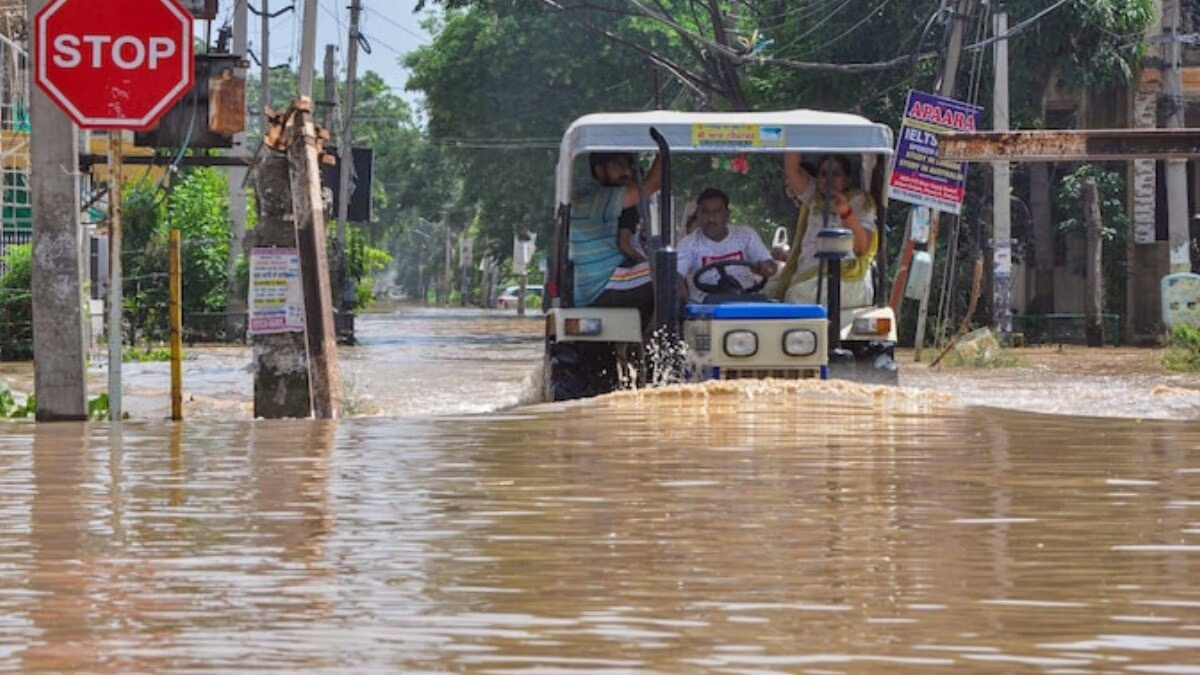The public is still outraged over the case involving the rape and murder of a trainee doctor at RG Kar Medical College and Hospital in Kolkata. Amid this, another case of sexual abuse of young schoolgirls has come to light in Badlapur, Maharashtra. The angered masses are demanding the death penalty for these criminals, referring to them as monsters. This makes it crucial to understand how ancient texts view this crime as a grievous sin and the kind of punishments prescribed for it.
No Place for Rape in a Civilized Society
Acts like rape are entirely unacceptable in any civilized society. In India, a land of culture and values, such heinous acts of sexual misconduct hold no place for penance. Various Puranas mention that despite undergoing severe punishments, one can never attain liberation from this sin. Garuda Purana, Narada Purana, and Brahmavaivarta Purana all define rape as an act more vile than murder and other sins, with terrifying consequences.

Source: aajtak
Punishment for Rape in the Garuda Purana
The Garuda Purana regards rape as a great sin. According to it, those who commit rape face extremely harsh and painful punishments in hell after death. The text describes special hells for such sinners, where they endure unbearable tortures for their sins. Not only do they suffer physically, but also mentally and spiritually. There is no way to relieve oneself from the sin of rape, even through the harshest of penances.
An impactful verse in the Garuda Purana describes the chilling punishment for a rapist. The sin continues to haunt the individual during their earthly life and in hell.
ताम्रायसि स्त्रीरूपेण संसक्तो यस्य पापवान्। नरके पच्यते घोरे यावच्चन्द्रदिवाकरौ॥
The translation: 'The punishment for a rapist is horrifying. They are forced to embrace a statue made of hot iron, and eventually die from it. Their soul then endures immense suffering in hell until the existence of the sun and the moon.' The verse implies that even the death penalty falls short in comparison to the punishment for rape.

Source: aajtak
Punishment for Unethical Sexual Relations in Mahabharata
The Mahabharata also considers adultery and unethical sexual relations a serious sin, prescribing severe penalties for such acts. This epic emphasizes the importance of following religious and social norms and states that an adulterer has no place in society. The Shanti Parva section of the Mahabharata mentions punishments for adultery and other sins, highlighting the grave consequences both socially and religiously.
न चावमन्येत कदाचिदर्थान् धर्मार्थान् कामान् न हरेन मूढः। धर्मेण यस्यैव सपत्नमिच्छेद्व्यभिचारिणं तं निहन्याच्च राज्ञः॥ (महाभारत, शांति पर्व)
Meaning: 'One should never insult dharma, wealth, or pleasure. A fool who engages in actions against dharma and indulges in adultery should be punished by the king.'
The Mahabharata asserts that it is the king's duty to punish adulterers to maintain morality and religious integrity in society. Such crimes invite not only worldly punishment but also severe spiritual torment and harsh tortures in the afterlife. Adultery disrupts the social and familial structure, breaking the smallest yet crucial unit of the country, the family. Those committing such crimes lead a disgraced life in society.
Punishment for Rape and Adultery in Shiva Purana
Shiva Purana also considers adultery a serious sin, prescribing harsh punishments. A significant verse in Shiva Purana regarding adultery reads as follows:
यो हि धर्मं परित्यज्य भजते व्यभिचारिणीम्। स नरः पतितो लोके नरके च विना किल्बिषम्॥
Meaning: 'A person who forsakes dharma and associates with an adulterous woman falls in this world and undoubtedly goes to hell.' The woman is also damned. The adulterer's first punishment is infamy, followed by social downfall and ostracization, then death, and finally, severe tortures in hell.
The punishments for adultery, mentioned in Shiva Purana, Garuda Purana, and many other scriptures, are extremely severe.
Embrace of a Hot Iron Statue:
The sinner is forced to embrace a hot iron figure. This painful punishment is said to make the sinner experience the agony they inflicted on their victim.
Immersion in Boiling Oil:
According to the Garuda Purana, the adulterer is taken to hell after death, where they are immersed in boiling oil, resulting in immense suffering to their soul.
Stretching on a Hot Iron Bed:
Adulterers are made to lie on a hot iron bed in hell. The bed is so heated that their soul experiences unbearable burning and torment.
Running Through a Field of Thorns:
The sinner must run through a thorny forest, suffering injuries from the thorns.
Being Eaten by Insects in Hell:
The soul of an adulterer is bitten and gnawed by worms, snakes, and other poisonous creatures in hell. This punishment is extremely painful.
Drinking Molten Metal:
The Garuda Purana states that the adulterer is forced to drink molten metal in hell, causing immense pain and agony to their soul.

Source: aajtak
Punishment for Rapists in the Narada Purana
According to the Narada Purana, those who commit rape are brought before Yama, the god of death, where their sins are accounted for. They are then sent to a dreadful hell, where they endure unbearable tortures.
Harsh Tortures in Hell:
Rapists are sent to a terrifying hell where they face sufferings that torment their soul for a long time.
Hard Life in Rebirth:
The Narada Purana also mentions that due to the sin of rape, individuals face extremely harsh conditions in their next life. They are born into a lower class and life filled with sorrow and hardship.
Social Disgrace:
As a result of this sin, individuals face social disgrace and scorn. They are never forgiven by society and are always subjected to its wrath. The Narada Purana also states that obtaining the grace of God becomes extremely difficult for those who commit such heinous crimes. As atonement, they must undergo rigorous penance and sincere repentance, but the sin is so great that its repercussions are felt across multiple lifetimes.




